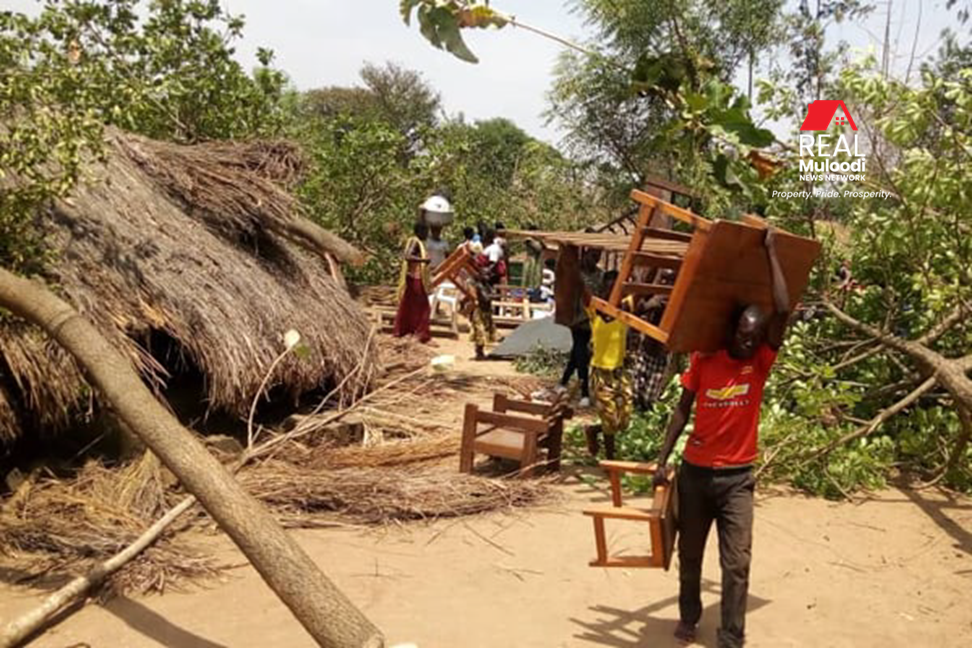UGANDA, Kampala | Real Muloodi News | In his recent address given at the end of last month, President Museveni outlined strategies for wealth creation, specifically targeting the 39 per cent of Ugandan households who are bibanja holders. The focus is on integrating them into the formal economy through commercial agriculture initiatives known as “ekibaro.”
To integrate these households into the formal economy through commercial agriculture, the President emphasied the significance of transitioning from rain-fed farming practices to more sustainable models, such as irrigation schemes.
While the President’s vision for wealth creation has yielded positive outcomes in certain regions, such as Gomba where his Kisozi farm is located, challenges persist in other parts of the country, particularly in central Uganda.
Here, reports of widespread evictions have surfaced, with bibanja holders facing intimidation and exploitation at the hands of unscrupulous land dealers, often with the complicity of government officials entrusted with protecting their rights.
Instances of bribery and corruption within public offices, including the Lands Ministry, State House Anti-Corruption Unit, police, Uganda People’s Defence Forces, Resident District Commissioners, Inspectorate of Government, and the Judiciary, have exacerbated the plight of bibanja holders, contributing to escalating income poverty levels among rural Ugandans reliant on agriculture for their livelihoods.
Despite directives issued by the President in 2022 to halt land evictions without the consent of District Security Committees, reports suggest a failure to enforce these measures effectively, allowing impunity to persist.
Urgent interventions are needed to address these challenges and safeguard the rights of bibanja holders to facilitate inclusive wealth creation efforts.
Proposed interventions include reforms within the land tenure system to provide greater security for bibanja holders, allowing them to deposit nominal ground rates (busuulu) at sub-county offices and remain on their land permanently.
Additionally, measures to curb land fragmentation and combat corruption within the land registry are imperative, accompanied by stringent penalties for land grabbers and errant government officials involved in illegal evictions.
Furthermore, there is a call to allocate resources to the Land Fund to compensate landlords and deter exploitation by unscrupulous actors.
Implementation of recommendations outlined in the Justice Bamugemereire report and comprehensive land reforms are essential steps towards achieving equitable land rights and fostering sustainable wealth creation in Uganda.
READ MORE LIKE THIS:
Govt Seeks Divine Intervention to Protect Land Rights of Bibanja Holders



